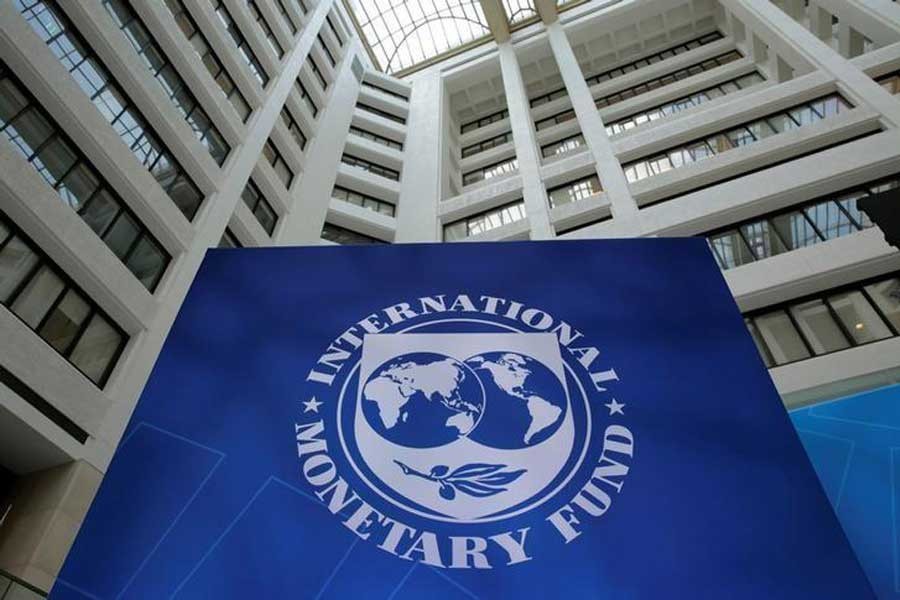Growth in low-income developing countries (LIDCs) is likely to come to a standstill this year, compared to growth of 5.0 percent in 2019, according to the International Monetary Fund (IMF).
The global agency particularly mentioned the name of Bangladesh in this category, arguing that the country’s remittance earning fell by 18 per cent in April and May this year, during the coronavirus crisis.
In a blog, three IMF economists noted, while the Covid-19 crisis is sending shockwaves around the globe, these countries (LIDCs) are in a particularly difficult position to respond.
“LIDCs have both been hit hard by external shocks and are suffering severe domestic contractions from the spread of the virus and the lockdown measures to contain it. At the same time, limited resources and weak institutions constrain the capacity of many LIDC governments to support their economies,” wrote Daniel Gurara, StefaniaFabrizio, and Johannes Wiegand in the blog titled “Covid-19: Without Help, Low-Income Developing Countries Risk a Lost Decade”.
Further, they pointed out, “Absent a sustained international effort to support them, permanent scars are likely to harm development prospects, exacerbate inequality, and threaten to wipe out a decade of progress reducing poverty.”
The economists argued that remittances that exceeded 5.0 percent of GDP in 30 (out of 59) LIDCs in 2019 fell significantly. “The repercussions are likely to be felt widely where remittances are the main source of income for many poor families.”
They observed that the LIDCs entered the Covid-19 crisis in an already vulnerable position—for example, half of them suffered high public debt levels. They added that since March, LIDCs have been hit by an exceptional confluence of external shocks: a sharp contraction in real exports, lower export prices, especially for oil, less capital and remittances inflows, and reduced tourism receipts.
“Despite the best efforts of LIDC governments, lasting damage seems unavoidable in the absence of more international support. Long-term “scarring”—the permanent loss of productive capacity—is a particularly worrisome prospect,” the economists expressed their views.
They insisted that the support of the international community is key to enable LIDCs to tackle the pandemic and recover strongly.
The IMF economists called for adopting a point-point plan that encompasses: (1) guaranteeing essential health supplies, including cures and vaccines when they are discovered; (2) protecting critical supply chains, especially for food and medicines; (3) avoiding protectionist measures; (4) ensuring that developing economies can finance critical spending through grants and concessional financing; (5) ensuring that LIDCs’ international liquidity needs are met, which requires International Financial Institutions to be resourced adequately; (6) reprofiling and restructuring debt to restore sustainability where needed, which, in many cases, may require relief beyond the G20/Debt Service Suspension Initiative; and (7) keeping sight of the United Nations’ SDGs, including by reassessing needs when the crisis subsides.


